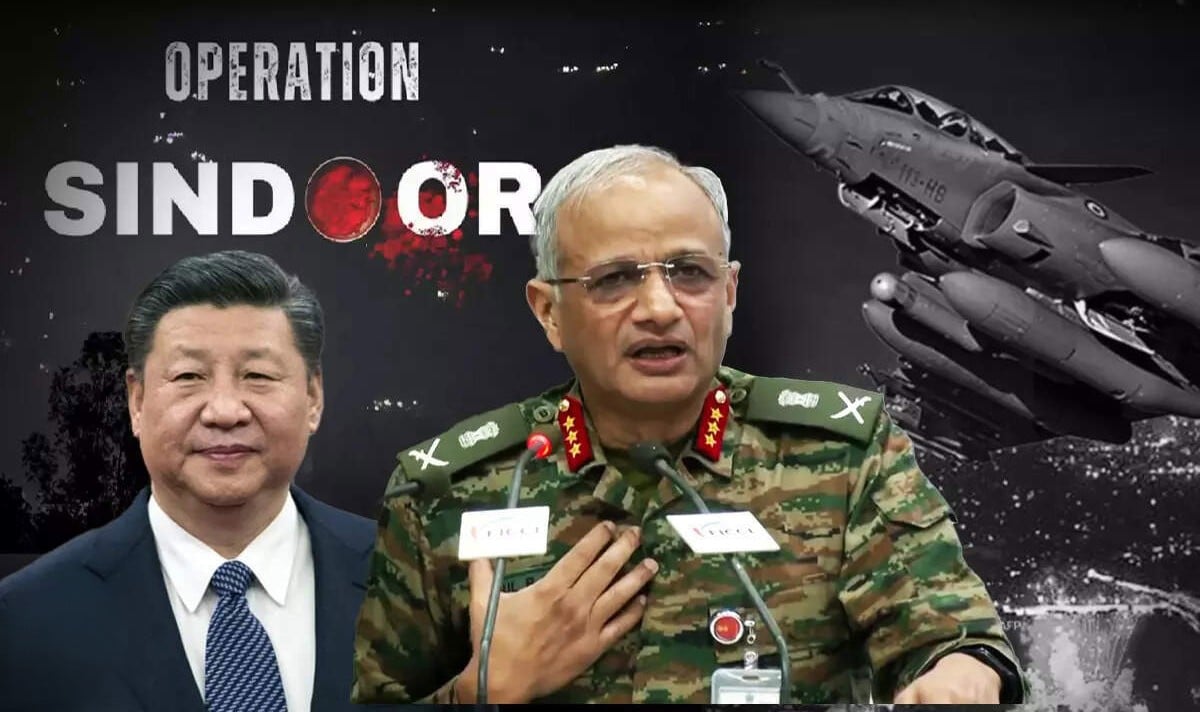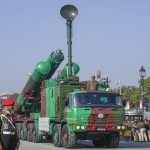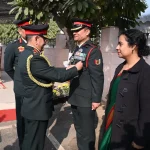Days after Lt Gen Rahul R Singh statement on China of using the recent India–Pakistan conflict as a “live weapons lab”, Beijing has sought to play down its role, insisting that its defence ties with Pakistan “do not target any third party”.
The comment comes in response to allegations that China provided real-time intelligence and operational support to Pakistan during Operation Sindoor in May 2025. The Indian operation, which targeted terror infrastructure in Pakistan, reportedly saw China’s satellite, cyber, and air defence assets actively assisting Islamabad.
Chinese Foreign Ministry spokesperson Mao Ning, when asked about the accusations, stated she was “not familiar with the specifics” and reiterated China’s commitment to peace in the region. “China supports India and Pakistan in resolving issues through dialogue and consultation,” she said, adding that the China-Pakistan relationship does not undermine other nations.
Despite the diplomatic tone, India sees a stark shift in Chinese behaviour. According to Lt Gen Singh, Beijing’s surveillance satellites, fighter jets armed with PL-15 missiles, and Chinese-supplied HQ-9 air defence systems were deployed by Pakistan. Chinese civilian vessels tracked Indian naval movements, and BeiDou satellites allegedly guided Pakistani drones and missile systems.
For India, this represents the end of the traditional two-front model of conflict. The military now views the China-Pakistan threat as a “one-front reinforced challenge”, requiring simultaneous preparedness along both western and northern borders. The strategic linkage also extends to Türkiye, which reportedly provided some military support to Pakistan during the hostilities.
Diplomatic observers note that while China maintained official silence and urged peace, its actions on the ground and in the UN painted a different picture. Beijing delayed condemnation of the April 22 Pahalgam terror attack and reportedly helped dilute the language of the UN Security Council’s statement on the strike.
Operation Sindoor became a proving ground for Chinese defence equipment against Western-origin systems used by India, providing valuable data to Beijing. This, experts say, was a live demonstration not just of weapons, but of how modern warfare can be waged with indirect involvement.
China’s response has raised fresh questions about the future of India-China ties. Despite Mao Ning’s assurance that relations with India are at a “crucial stage of improvement,” analysts believe trust has further eroded.
India, in turn, is now reassessing its strategic playbook. Experts suggest expanding beyond predictable military responses to include pressure through economic and diplomatic channels. Revisiting water-sharing treaties and targeting supply chains are being discussed as part of a broader approach to deter future coordinated threats.
As Operation Sindoor fades from the headlines, India’s defence leadership warns that it was just a precursor. With China and Pakistan demonstrating new levels of coordination, New Delhi faces the urgent task of adapting to a battlefield that no longer respects traditional boundaries.













